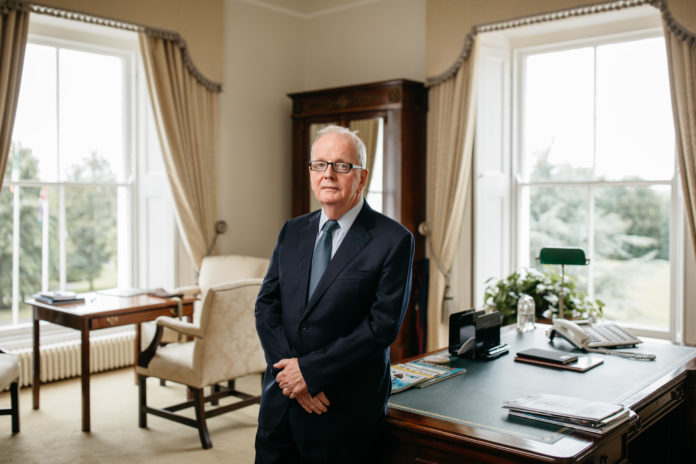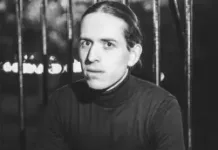
University of Limerick (UL) is likely to become a location for a COVID-19 “field hospital” in the event that hospitals in the region become “overwhelmed” by cases of the virus, announced the University’s President, Dr Des Fitzgerald.
“It is likely that UL will play host to a field hospital as our frontline health services are potentially overwhelmed,” Dr Fitzgerald said this morning.
“We are currently working with the HSE to develop more sophisticated systems of contact tracing, with the inclusion of testing. This is further to the change in testing criteria in recent days,” he explained.
“We are also working on a process of using mobile phone geolocation data to map individuals who may have come into contact with an individual with a positive diagnosis.”
Dr Fitzgerald added the University “do not take these decisions lightly”.
“None of us has ever faced anything like this in our lifetimes but we do have it within our power to influence how dire this does or does not become.”
“Social gatherings are still taking place, and at a level where there is disregard for everyone’s public safety.”
Dr Fitzgerald, who is a cardiologist and former Professor of Molecular Medicine at UCD and Chief Academic Officer of the Ireland East Hospital Group, made a passioned plea for people to “take personal responsibility to try and slow down this virus and save lives”.
He has mounted a campaign over social and traditional media to alert people to the severity of the COVID-19 crisis, and to reinforce the absolute necessity for immediate social distancing.
“The announcement of the change in recent days in the testing criteria means there will be more testing and that will absolutely mean a lot more diagnoses that are positive – the virus is far more widespread than the number of positive tests would indicate now,” he explained.
“We have to do anything and everything to stop this awful virus spreading. The professionals will do their part, so you must do your part,” he urged.
“Stop this virus spreading – stay apart. People in Limerick must stop meeting, stop this disease – party when it is over, not now.”
“What you do now will have an impact long into the future. We owe it to the sisters, daughters, husbands, wives, brothers and sons, mothers and fathers placing themselves in the way of this virus that is already spreading through our community.”
“We must take action and by remaining apart, we stand together,” he said.
Dr Fitzgerald has sought support from TDs, senior business people, media and civic leaders, to amplify his message.
“These are extraordinary times. We are facing the single biggest health crisis in living memory,” Dr Fitzgerald declared.
However, he said he was “deeply concerned that people are not fully realising the severity of the situation and so are not changing their behaviour quickly enough”.
“The government and health authorities are doing everything they can and those at the front line facing COVID-19 Coronavirus are performing incredible work,” he said, praising doctors and nurses.
“Those that are dealing directly with this crisis don’t have the luxury to self-isolate and reduce their personal contact – we owe it to those at the coalface to do everything we can to buy them enough time to deal with this crisis.”
“We have a small window of time right now where we can really have an influence over how bad this gets. We still have a chance to flatten out the curve of this deadly virus and help to interrupt its march, but we need to act now — today — this morning,” he added.
Dr Fitzgerald said he expected that, UL, which closed its doors to tackle the spread of the virus would remain closed until “at least mid-June, and after this pandemic hopefully peaks”.
He suggested that people consider keeping a daily diary of their contact with other people, “this is a good way to make people more conscious of their personal contact with others”.
“Stay active and keep going for walks and connect with people remotely via phone, or social media,” he said.
“I have already heard a lot of incredible stories of communities coming together through social messaging platforms to stay connected and support each other.”
“This is the only kind of community gathering we need right now.”










